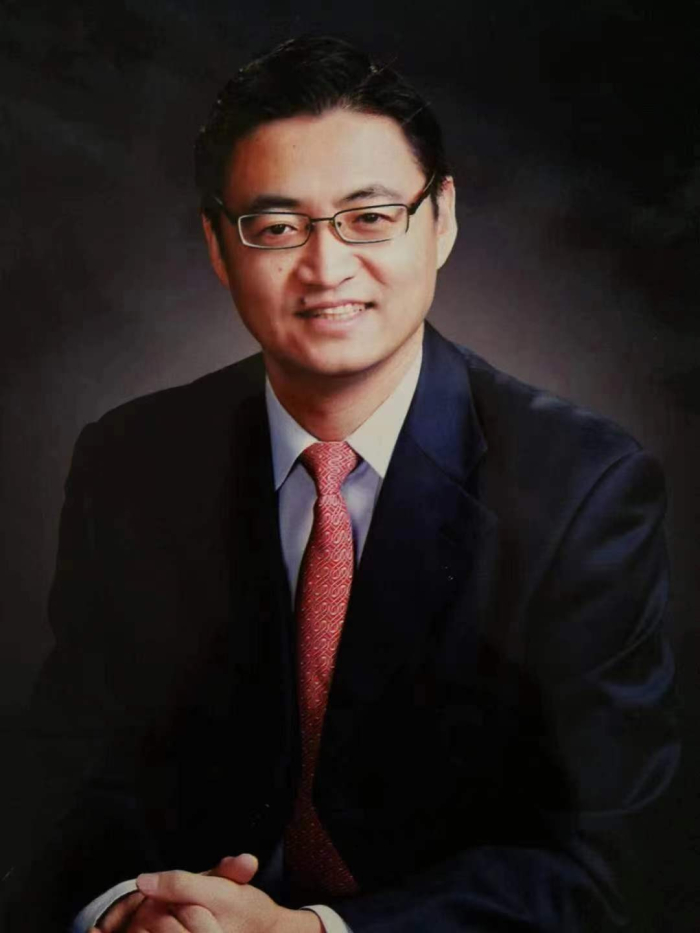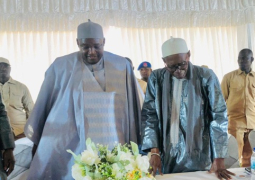
After 14 years of bloody struggle, China finally defended its national independence, and safeguarded international justice. Today, facing increasingly complex geopolitical conflicts and global challenges, China remains an importance force for defending post-war international order. China will continue to join hands with all peace-loving nations worldwide, to build a community with a shared future for mankind, and forge a brighter future for humanity.
- Chinese People’s War of Resistance Against Japanese Aggression made a decisive contribution to the victory of the World Anti-Fascist War
The Chinese People’s War of Resistance Against Japanese Aggression was an integral part of the global anti-fascist struggle. It began earliest, lasted longest, and entailed the heaviest sacrifices. From Japan’s deliberate provocation of the September 18 Incident in 1931 to its surrender in 1945, the Chinese peopleendured the blood and fire of battlefields for 14 years and sustained over 35 million military and civilians casualties, significantly tied down and eliminated more than 70% of Japanese arm forces, firmly blocked Japan from linking up with Germany and Italy. It bought critical time for rearmament of Allies, and provided indispensable strategic support for other fronts. Because of this strategic contribution, China proudly became a founder of the United Nations, a signatory to the U.N. Charter, and a permanent member of the U.N. Security Council.
- Taiwan's return to China is an integral component of WWII victory and the postwar international order
Taiwan has been an inalienable part of China's territory since ancient times. In the late 19th century, Japan forcibly seized Taiwan through war of aggression. Over the subsequent 50 years, the Chinese people in Taiwan island never ceased resisting Japanese occupation. During WWII, as victory drew near, leaders of Allies issued the Cairo Declaration and the Potsdam Proclamation, both explicitly mandated that Taiwan, which Japan has stolen, be returned to China. These instruments with legal effect under international law have all affirmed China’s sovereignty over Taiwan and became part of the post-war international order. Therefore, challenging the one-China principle means defying the U.N.’s authority and undermining the post-war order. In 1971, the U.N. General Assembly adopted Resolution 2758, unequivocally recognizes the People’s Republic of China’s sovereignty over Taiwan. Since then, the only reference to the Taiwan region in the United Nations is“Taiwan, Province of China.” Today, 183 countries - representing the overwhelming majority of U.N. Member states - have established diplomatic ties with China based on the one-China principle as the political foundation. This reflects that the one-China principle is the global consensus and prevailing trend of our times. Taiwan will inevitably return to the embrace of its motherland, and China will surely achieve national reunification.
III. China is willing to work with all countries to uphold a fair and just international order and jointly build a community with a shared future for mankind
History throws lights on the present and provides inspiration for the future. Eighty years ago, a brutal World War witnessed the resolute determination of nations to resist aggression and defend peace at all costs, establishing an international order with U.N. at its core. Eighty years later, As changes unseen in a century unfold in the world, marked by frequent turmoil and conflict, as well as rampant unilateral bullying. Humanity once again stands at a new crossroads. History teaches us that, humanity needs not the law of the jungle, but a shared future; not bullying and hegemony, but win-win cooperation; not overturning the post-war international order, but safeguarding the fruits of the victory of World Anti-Facist War. Only in this way can we prevent the tragic history from repeating itself, consolidate the foundation of peaceful development, and realize the vision of a community with a shared future for mankind.
Having resisted the brutal Japanese aggression, the Chinese people deeply understand the preciousness of peace. Therefore, we have always been committed to defending the international order and safeguarding world peace. Chinese President Xi Jinping have proposed to build a community with a shared future for mankind and put forward the Global Development Initiative, the Global Security Initiative, and the Global Civilization Initiative as a way forward to steer the reform of the global governance system toward greater fairness and justice. China has deployed the largest number of peacekeeping troops among the five permanent members of the U.N.Security Council and actively mediated important issues in Africa, the Middle East and other regions. Having emerged from the flames of war, China is always ready to join hands with all countries, including The Gambia, to unite in common purpose, jointly defend the international order with the United Nations at its core, safeguard the hard-won global peace, and build a community with a shared future for mankind.




